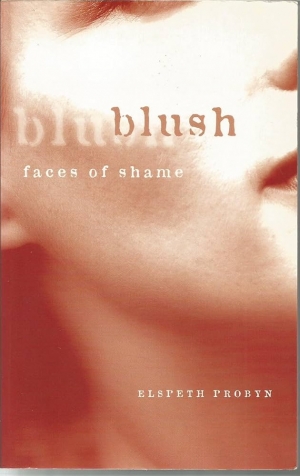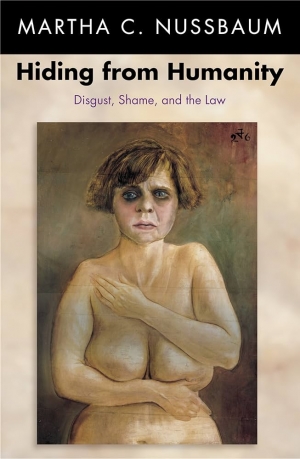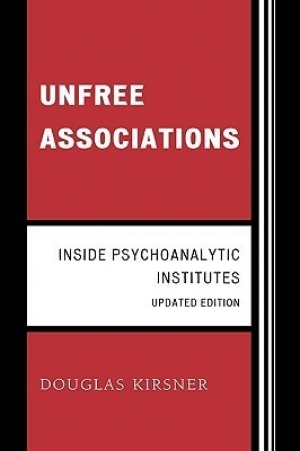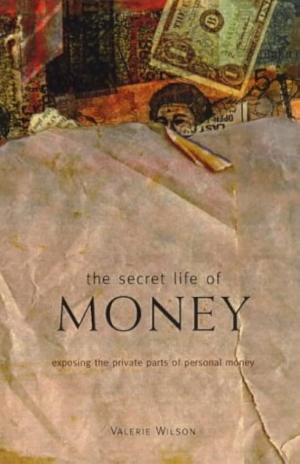Psychology
Sarah Kanowski reviews 'In Two Minds: Tales of a psychotherapist' by Paul Valent
‘I am interested to know all about you: who you are, how your life developed, from the time your mother was pregnant with you, till today. Are you willing to tell me?’ This request, made by Paul Valent to one of his first patients, is as seductive as it is impossible. The great realist writers of the nineteenth century approached their characters with the same voracious desire to know everything, to explain everything, to have everything revealed. But the psychotherapist’s mission is far more daunting than the novelist’s, for the secrets he aims to uncover are those the subject hides from himself.
... (read more)Tamas Pataki reviews ‘Blush: Faces of shame’ by Elspeth Probyn
In the last couple of decades, the disciplines of philosophy, psychology and neuroscience (and perhaps others, such as law) have witnessed intensified interest in the emotions. In cognitive psychology and neuroscience, several developments, especially advances in computational modelling and new brain-imaging techniques, brought early successes in understanding important aspects of perceptual and cognitive processes. Partly because it became clear that these processes were not as independent of the affective, volitional and appetitive faculties as the classical division of mind suggested, it wasn’t long before scientific researchers turned to the emotions (and the other peskier faculties). Most readers will be familiar with some of the recent popular works on emotion by distinguished neuroscientists such as Antonio Damasio and J. LeDoux.
... (read more)Tamas Pataki reviews ‘Hiding from Humanity’ by Martha C. Nussbaum
Martha Nussbaum is a distinguished contemporary philosopher who has written in exemplary fashion on ancient philosophy and philosophy of literature; she has also produced important work in social and political philosophy, philosophy of mind and feminist thought. This book on emotions, law and the idea of a liberal society shows some of the strain of that industry: it is prolix and a little uneven. But it also has the characteristics of her best work: sparkling clarity, high learning, intellectual vigour and something to say. The scope, the confidence – the grasp of it all – astonishes.
... (read more)Max Charlesworth reviews 'Unfree Associations: Inside psychoanalytic institutes' by Douglas Kirsner
Douglas Kirsner’s new book has been a long time in the making. Based on extensive interviews with US East Coast and West Coast psychoanalysts over some ten years, it started out as an encyclopedic study of Freud and Freudianism. At one stage of its evolution it was called The Culture of the Couch but later, when Kirsner and his editor realised that he had assembled almost one million words of interview material, he decided to radically scale down the scope of the book and to completely alter its focus. He had been very impressed by a very brilliant book on contemporary French psychoanalysis (French Freud as it was called) by Sherry Turkle at MIT in Boston and he decided to use her quasi-ethnographic style. It is now basically a study of the four main psychoanalytic institutes in the United States – New York, Boston, Chicago, and Los Angeles – and one is reminded irresistibly of the contentious early Christian Church communities in Rome, Antioch, Ephesus, and Corinth. Kirsner makes a great deal of play with the analogies between the psychoanalytic institutes and sectarian religious groups but, knowing something about both, I think that the religious sectarians were models of peace and sweetness and light compared with the Freudian institutes.
... (read more)Michael McGirr reviews 'The Secret Life of Money: Exposing the private parts of personal money' by Valerie Wilson
I wouldn’t have minded being a fly on the wall when Valerie Wilson did the research for this book. It began life as a PhD project in the University of Melbourne’s Business School. Wilson wanted to find out what underlying attitude people had to money. She should have asked me. I love the stuff. Just don’t see enough of it.
... (read more)Peter Goldsworthy reviews 'The Language Instinct: How the mind creates language' by Steven Pinker
An immense irony: Noam Chomsky, one of the left-culture heroes of the 1960s and 1970s –one of mine, at any rate – was in fact all along engaged in a white-anting of the sacred central tenet that unites leftish beliefs, the notion we are products (constructs is the more fashionable term) of our culture. And its optimistic sequel: we can therefore be changed, or improved. Gender roles are supposedly a construct, IQs are supposedly a construct, the fact that all sprint finalists in the Olympics are black-skinned is even supposed to be a cultural construct.
... (read more)





